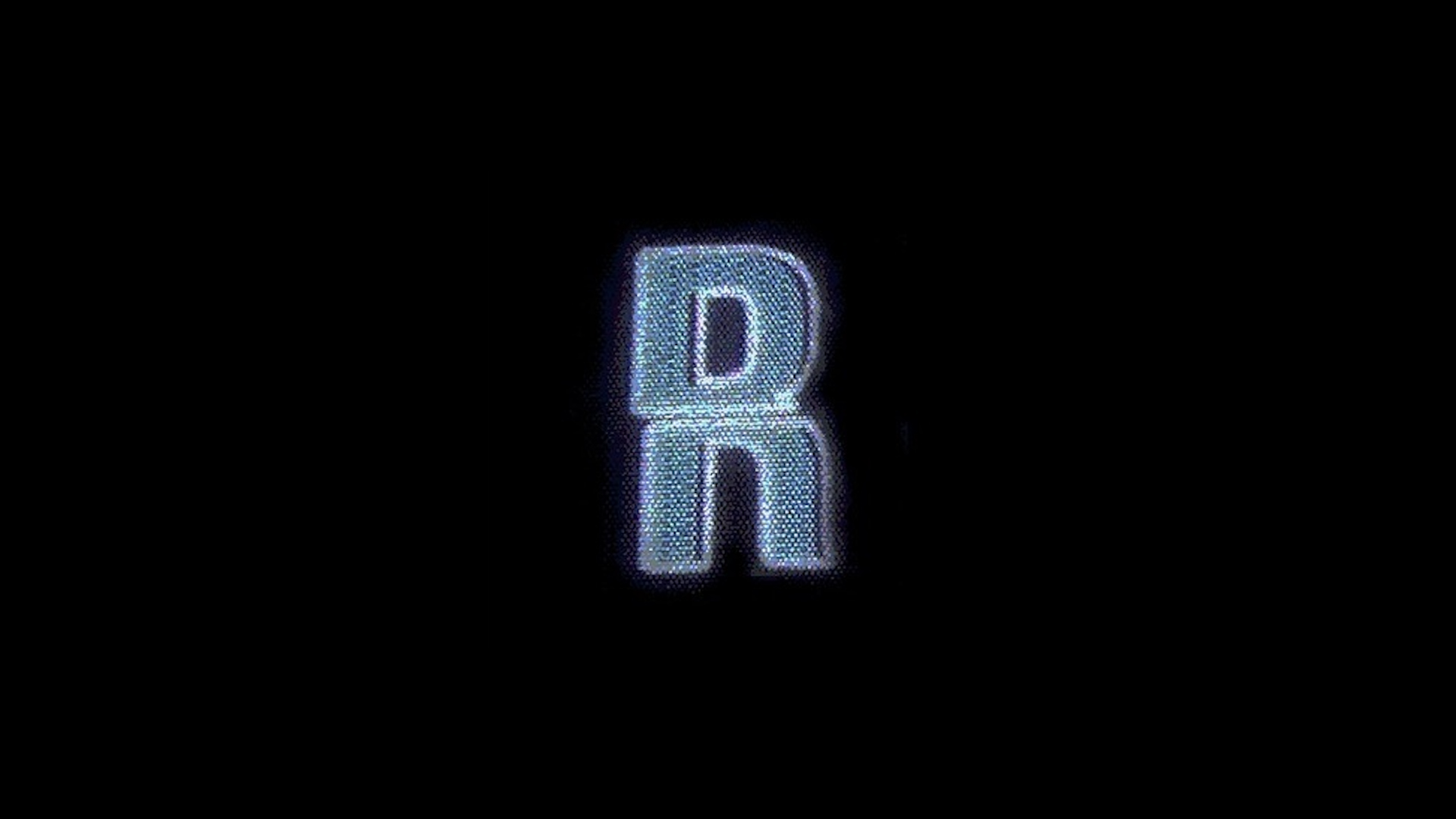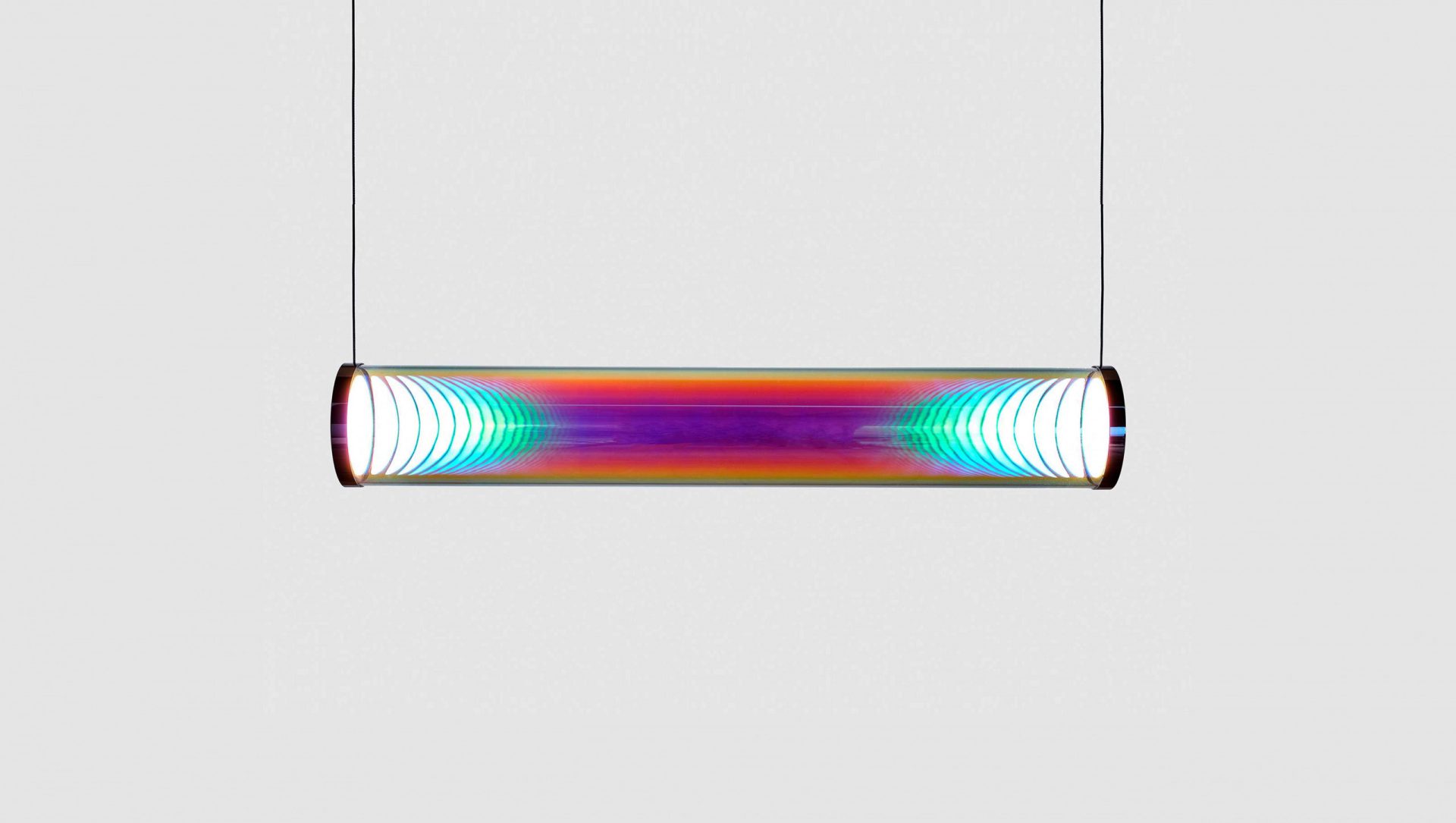Have you ever imagined cows as an inspiration for innovation?
Explore how design, inspired by the workings of the nature, is shaping innovative and sustainable solutions in our communities.

In the world of sustainable design and community-driven innovation, in the fertile grounds of Burg Giebichenstein Kunsthochschule Halle, the german university of art and design, two visionary students, Björn Naumann and Karl Anton Schinkel have conceived the Circular Organic Waste (C.O.W.) system that stands out as a beacon of ingenuity and practicality.
This visionary project represents a groundbreaking solution to tackle the dual challenges of the sustainable energy production and the organic waste management: it reimagines the traditional community kitchen as a hub of renewable energy production and waste valorization. The Circular Organic Waste (C.O.W.) system, represents therefore a paradigm shift in community kitchens, harnessing the power of nature’s processes to create a self-sufficient cooking station with autonomous energy production.

Through a harmonious blend of nature-inspired technology and open-source principles, the C.O.W. system not only addresses pressing environmental challenges but also fosters a sense of empowerment and collective responsibility within communities worldwide.
At its core, the C.O.W. system draws inspiration from the intricate workings of a cow’s stomach, where the bacterial decomposition transforms cellulose into valuable resources: biogas and biofertilizer. Mimicking this natural process, Naumann and Schinkel’s design employs a fermenter to facilitate the breakdown of the organic waste, yielding biogas as a clean and renewable energy source. This CO2 neutral energy can then be stored and utilized for food preparation, effectively closing the loop on waste while meeting the energy needs of the community kitchen.
One of the most remarkable aspects of the C.O.W. system is its open-source nature, embodying the principles of accessibility and empowerment. By sharing the blueprint and the technical specifications freely, Naumann and Schinkel enable the communities worldwide to replicate and adapt the technology to their specific contexts. This democratization of knowledge not only fosters innovation but also promotes a collective ethos of sustainability and self-reliance.

Beyond its tangible benefits in energy production and waste management, the C.O.W. system holds profound implications for the community dynamics and for social cohesion. By decentralizing the energy production and placing it within the heart of the community kitchen, Naumann and Schinkel foster a sense of ownership and of shared responsibility. Users become the active participants in the sustainable ecosystem, witnessing firsthand the transformative potential of their organic waste.
On the other hand, the C.O.W. system serves as a catalyst for the dialogue and the education around energy consumption and resource utilization. Through hands-on engagement with the technology, community members gain a deeper understanding of the interconnectedness between their actions and environmental impact. This awareness not only informs individual behavior but also sparks broader conversations on sustainability and collective action.
In addition to its environmental and social benefits, the C.O.W. system has significant economic implications, particularly for the rural communities. By harnessing locally available organic waste as a resource, Naumann and Schinkel create opportunities for income generation and employment. The production of biogas and biofertilizer not only reduces the dependency on external energy sources but also creates a value from what was previously considered waste.

Looking ahead, the Circular Organic Waste (C.O.W.) system holds immense promise as a scalable solution for sustainable community development. As climate change and resource scarcity continue to escalate, innovations like Naumann and Schinkel‘s offer a beacon of hope, demonstrating that with creativity and collaboration, we can forge a more resilient and regenerative future. By harnessing the power of nature’s circularity, we can turn waste into wealth and cultivate thriving communities in harmony with the planet.












